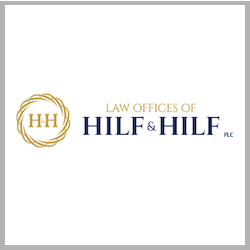The information in this blog is general, and is not a substitute for consulting with a lawyer concerning the facts and circumstances of your or a loved one’s case. Jurisdictions are not always consistent in the manner in which cases are processed and handled, and laws and procedures often change over time. For any legal matter, contact an experienced lawyer immediately.

When it comes to impaired driving in Michigan, marijuana cases are complicated. Unlike some States, Michigan does not have a legal limit or cut off level to provide guidance to individuals in their decisions to operate motor vehicles. Part of the reason for this is that [at the time this blog was written] the science behind THC body content and impairment does not have a precise correlation with each other. Persons who are regular marijuana users may have a higher tolerance than an infrequent user. Hence, unlike drinking and driving cases, there is not a legal THC blood alcohol limit to indicate a safer and legal ability to drive.
Under Michigan Compiled Law 257.625(1)(a) it is illegal to drive under the influence of marijuana. This is even true for someone who took the steps to become a medical marijuana patient, and the analysis does not change because it is legal to use marijuana in Michigan under State law. Under Michigan case law (People v Koon) it is not illegal for individual who is legally allowed to use marijuana to drive with marijuana in their system, as long as the driver is not under the influence of marijuana. Bear in mind that it is never lawful for an individual to smoke or consume marijuana while driving.
 Michigan Criminal Attorneys Blog
Michigan Criminal Attorneys Blog

